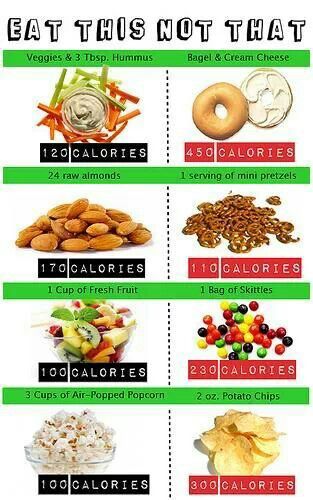SuperGirevik
Level 3 Valued Member
I've recently began another cycle of barbell lifting and I'm trying to understand if there is truly a relationship between a person's size/weigh and their maximum strength. I'll use myself as an example, I'm 41 yrs old, 5'-11" and weigh 220lbs. My job is a mix of blue and white collar. As a self-employed tree farmer, at times I'm digging trees with either a shovel or gas shovel but when it's slow or too hot, I'm in the office doing other tasks. If I had to guess, I'd say I'm burning around 2500-3000 calories a day just by living. Then add to that my training and the number will go up.
Any ways, the point is, if I want to get leaner, I would have to eat less calories than I'm currently burning. But how would that affect my strength gains? In other words, is my desire to lean down preventing me from being stronger?
Any ways, the point is, if I want to get leaner, I would have to eat less calories than I'm currently burning. But how would that affect my strength gains? In other words, is my desire to lean down preventing me from being stronger?


